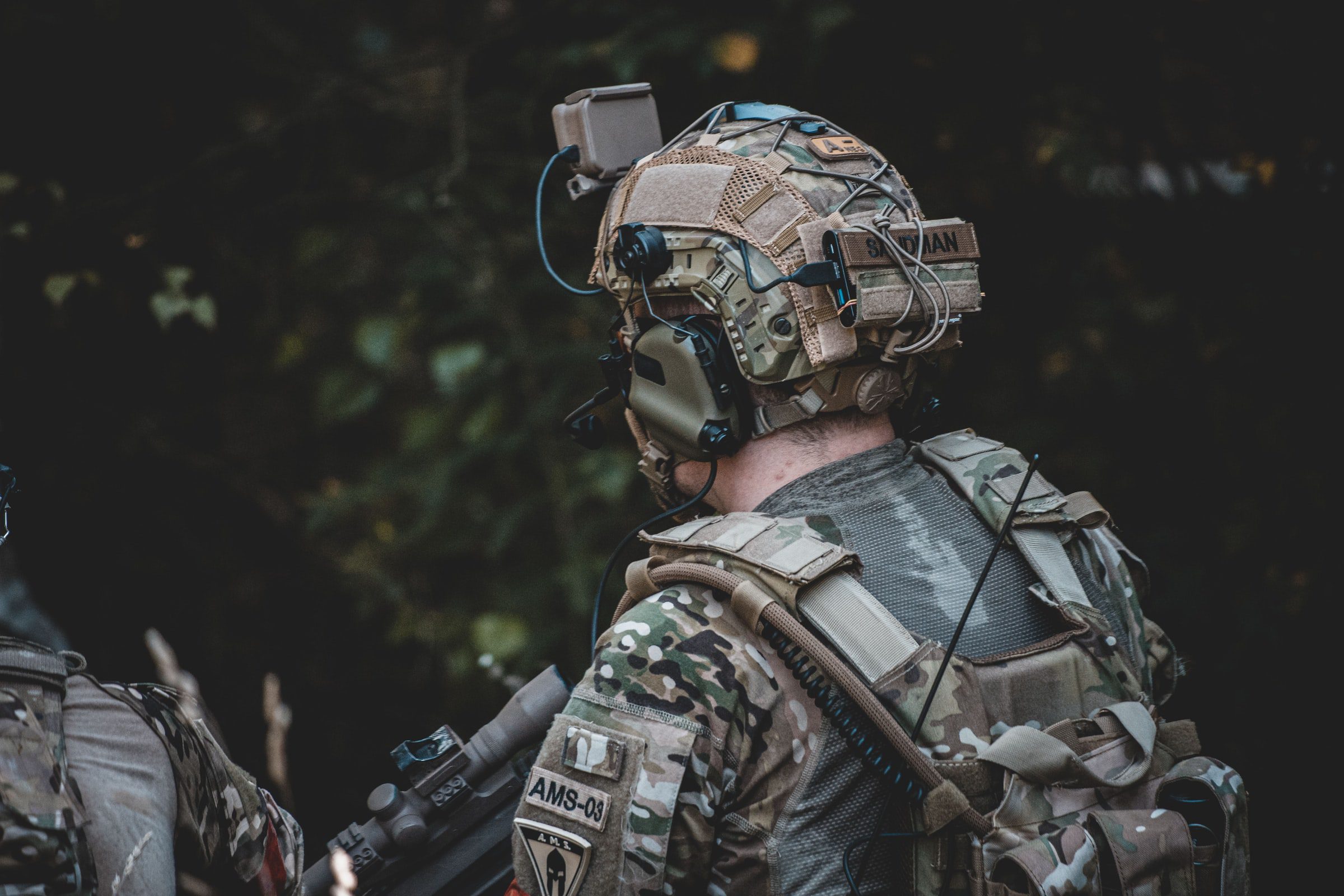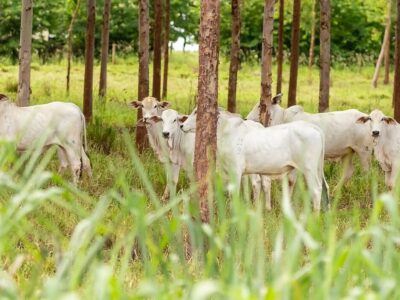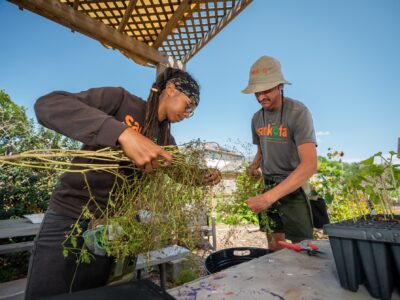Our country would look very different right now if it weren’t for the millions of brave men and women who risk life and limb for the basic freedoms America stands to uphold. While the average civilian would probably rather be anywhere else on Earth than taking enemy fire in battle, a surprising yet common problem for vets who spend significant time in combat is figuring out what to do when they get home. It should be the easy part, and yet many struggle with maintaining a sense of purpose while also juggling symptoms of post-traumatic stress disorder. To them, the life lived during tours of duty was unlike anything back home and adjusting is easier said than done.
One veteran is making it work through farming. In 2001, only months before September 11th, Justin Bajema had begun his enlistment in the US Marine Corps. “After I graduated boot camp, went back for infantry training; my first day it was Sept. 11, 2001,” said Bajema, who shipped out to Iraq shortly after the fateful attack. The Marine served for another three years in the region until November 29th, 2004, when an improvised explosive device (IED) went off under his vehicle during a routine nighttime patrol. “I was the first vehicle and I heard over the radio, ‘I think I see someone.” That transmission had barely finished before the ground exploded beneath him. “At first, I thought I was dead,” recalled the veteran. “I saw a bright white flash, couldn’t hear anything. It was all surreal and in slow motion, I remember that.”
After an airlift to Germany, eight surgeries, and countless bedridden weeks in several hospitals, Bajema miraculously survived the ordeal. He eventually regained the ability to walk, despite initial concerns that his leg wouldn’t survive the operation. Bajema was awarded the Purple Heart for his heroism. Though he was honored, the desire for some sort of meaning persisted. After all, returning to active combat was looking unlikely. “I had an opportunity to choose, ‘What do you do with this? Do you feel sorry for yourself, do you recluse inwards? Or do you go outwards?”
Now in his home of Cannon Township, Michigan, Bajema turned to the earth. He started the Rebel Pastures farm at the onset of the pandemic, with the goal of raising chickens more sustainably compared to industrial farming operations.
Since then, Rebel Pastures has raised nearly 4,000 chickens through this practice. “We are already aware of what we consider to be less ethical, big-ag industrial farming practices,” said Bajema of the farm’s success. “We wanted clean living, clean eating, and thought that was important to provide.”
Bajema says the job turned out to be helpful with reducing the symptoms of his PTSD. To him, it was easy to find solace in the calm but rewarding daily tasks at Rebel Pastures. He recommends it to the struggling veterans who are simultaneously haunted by the battlefield yet find themselves rudderless without it. “The military is about something bigger than each individual. We really see farming as the same thing.” Working with nature is a great way for Bajema to supplant that sense of being a part of a whole. “Those animals depend on you and the community depends on you too.”





